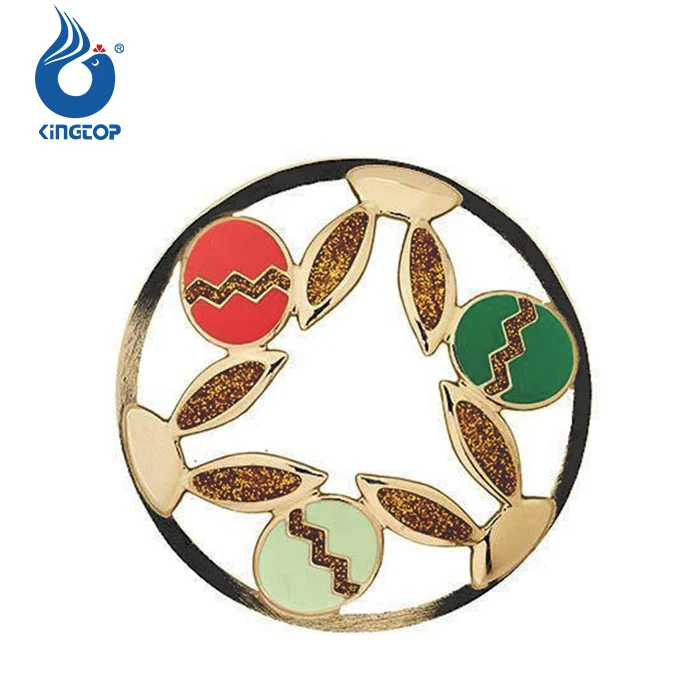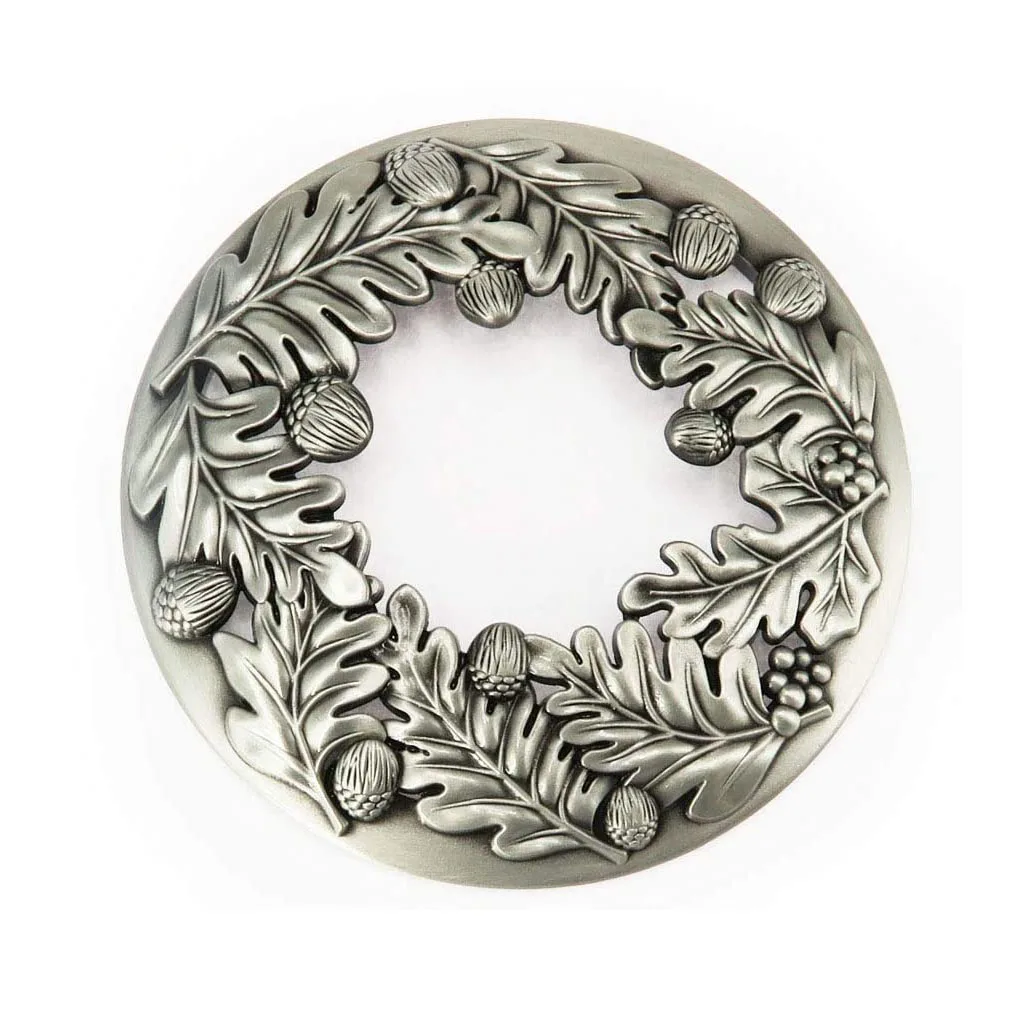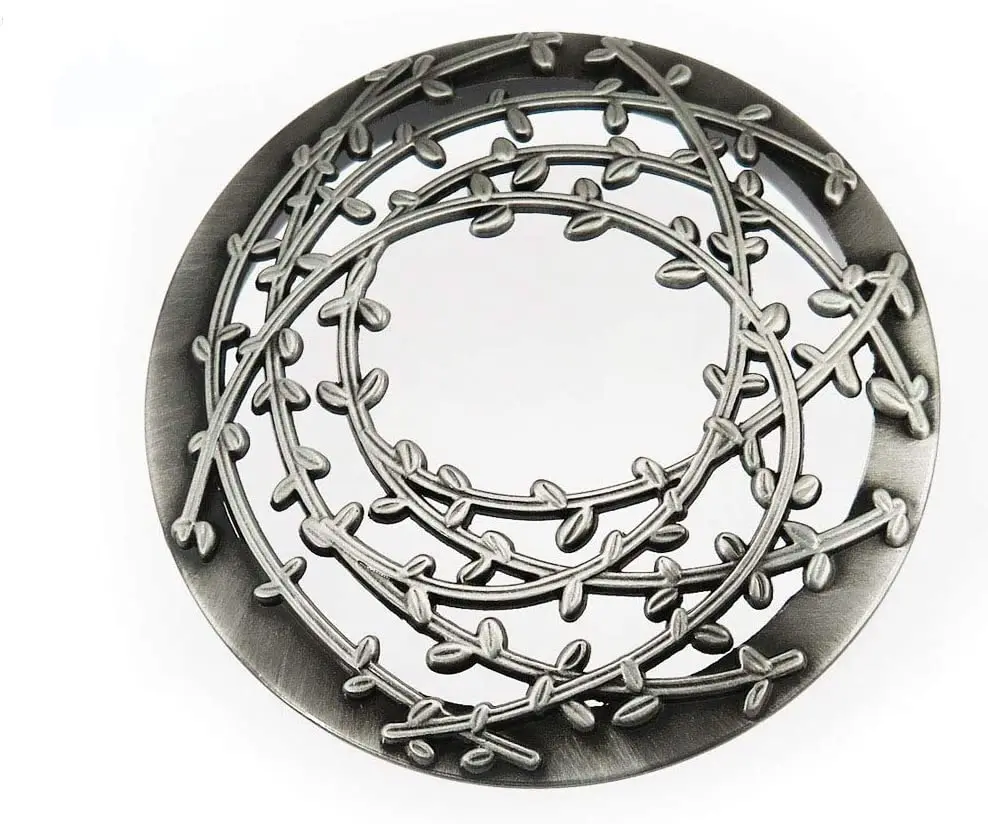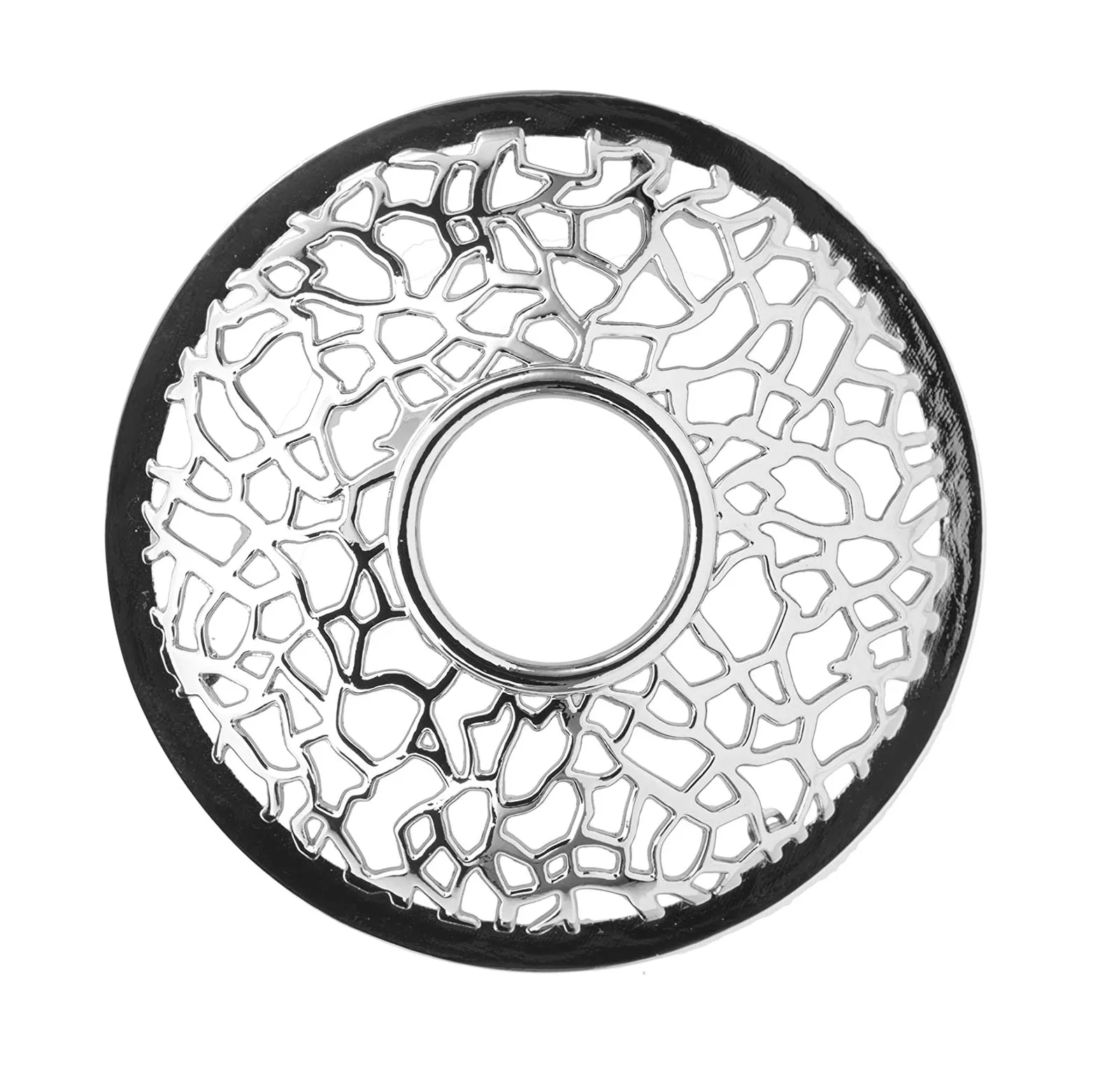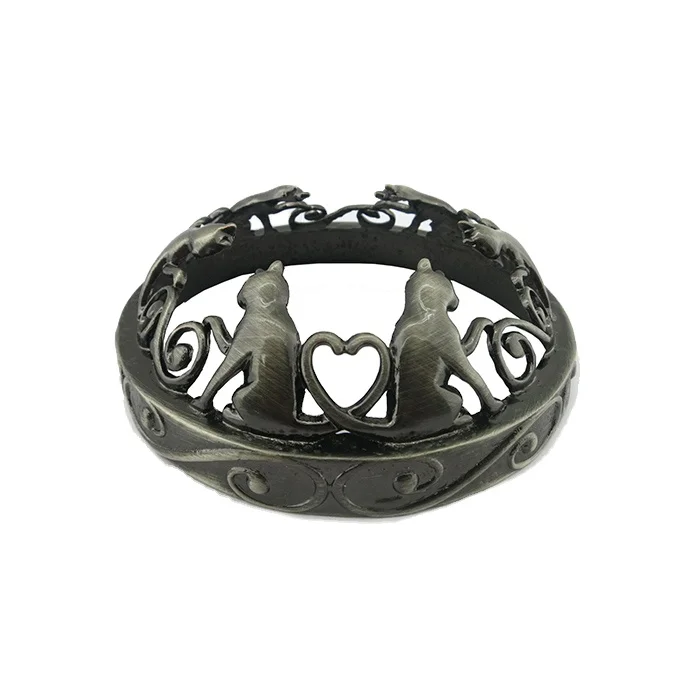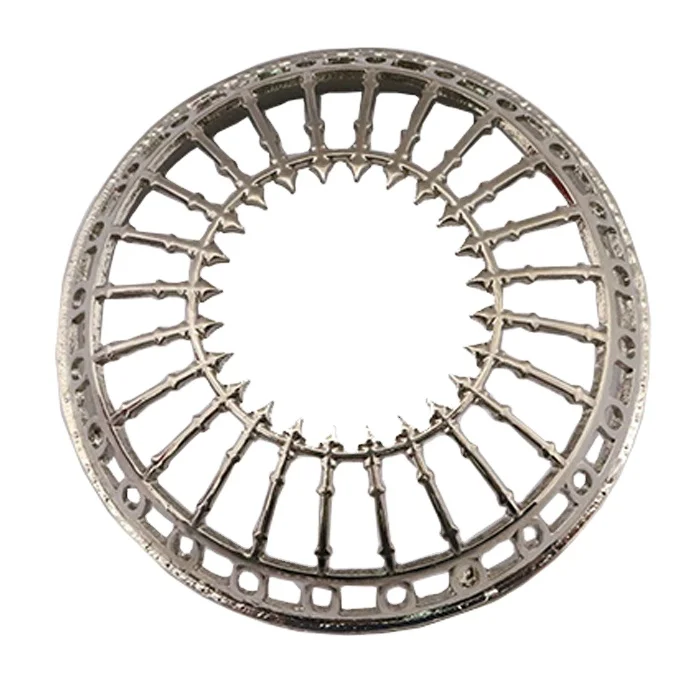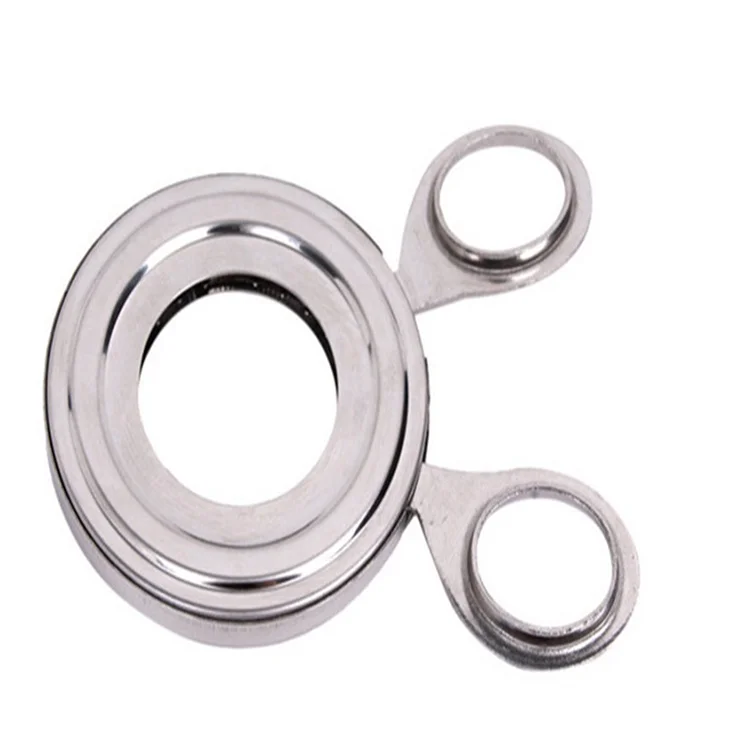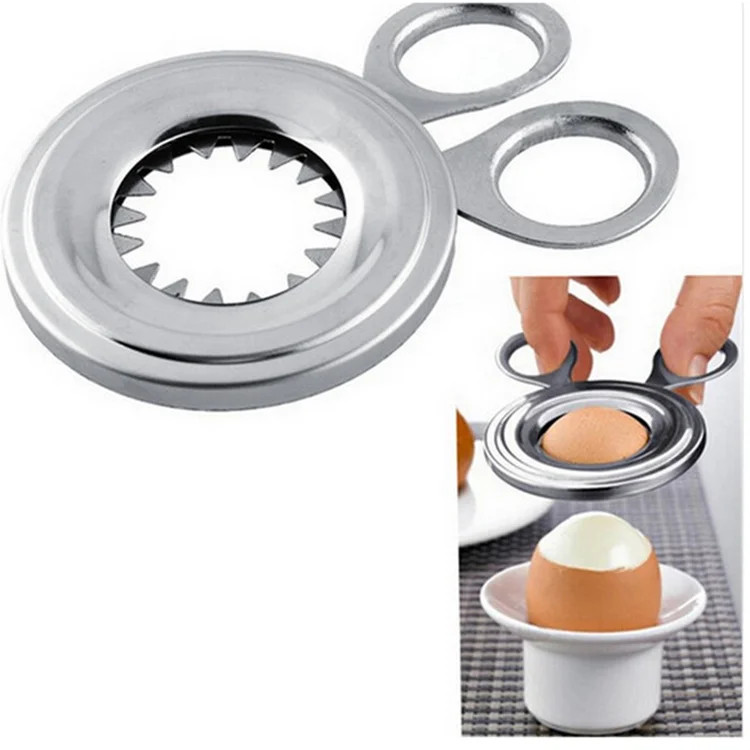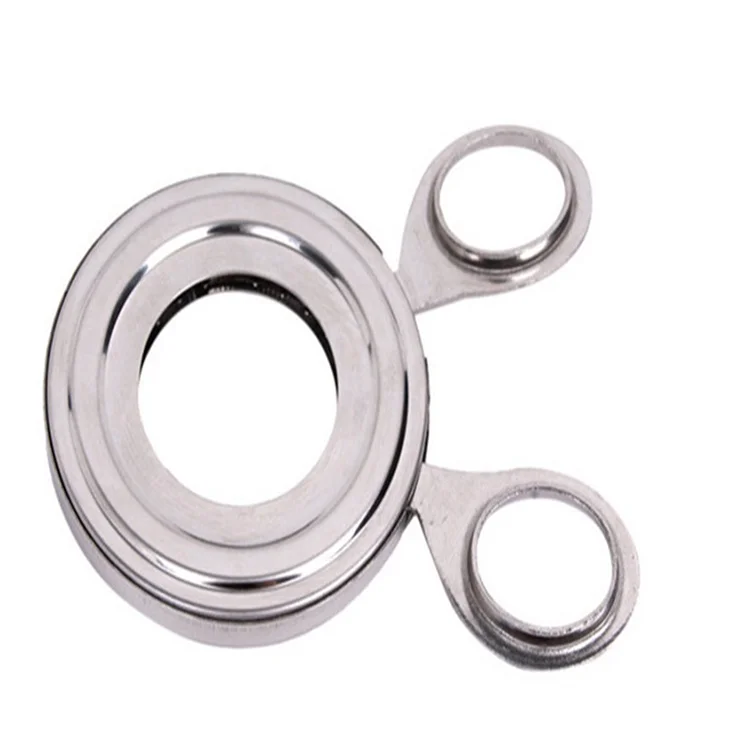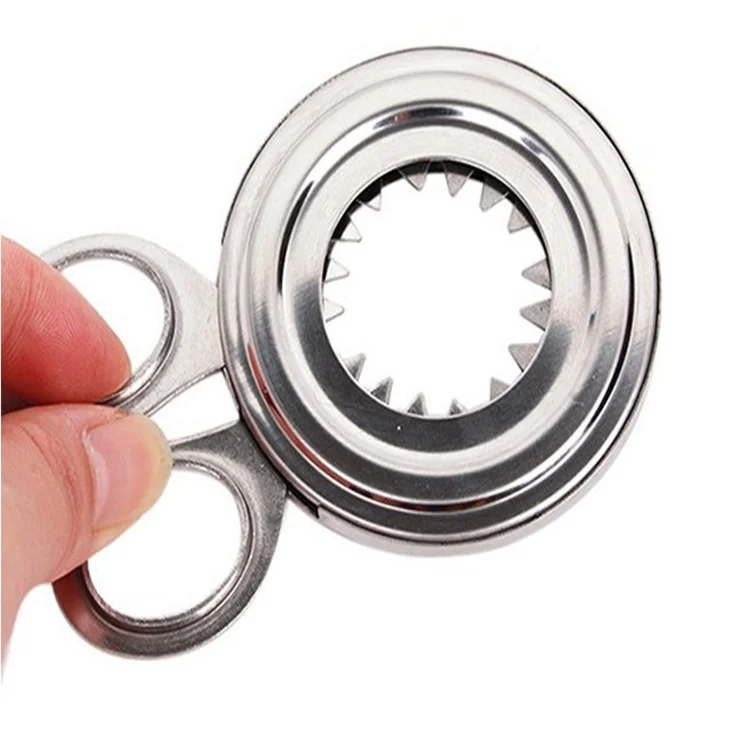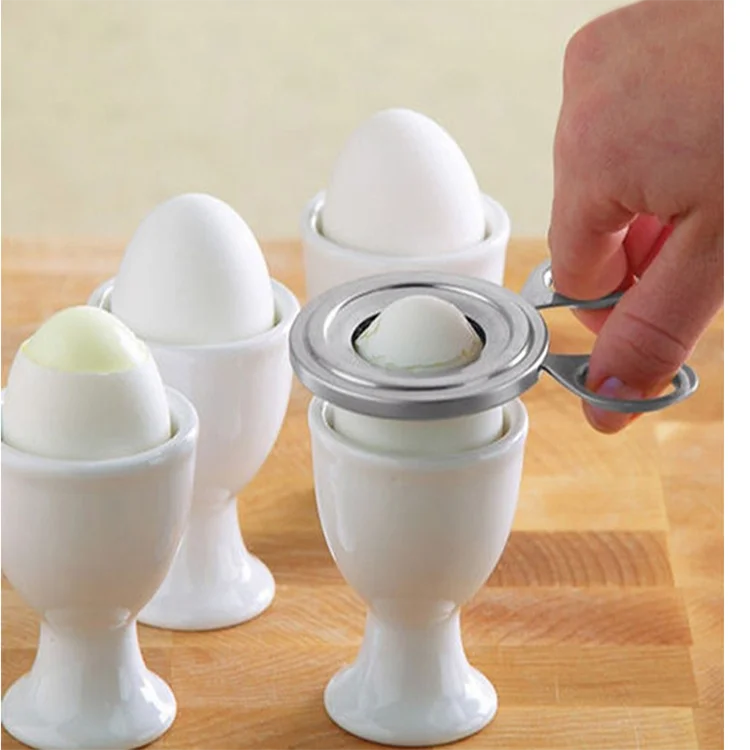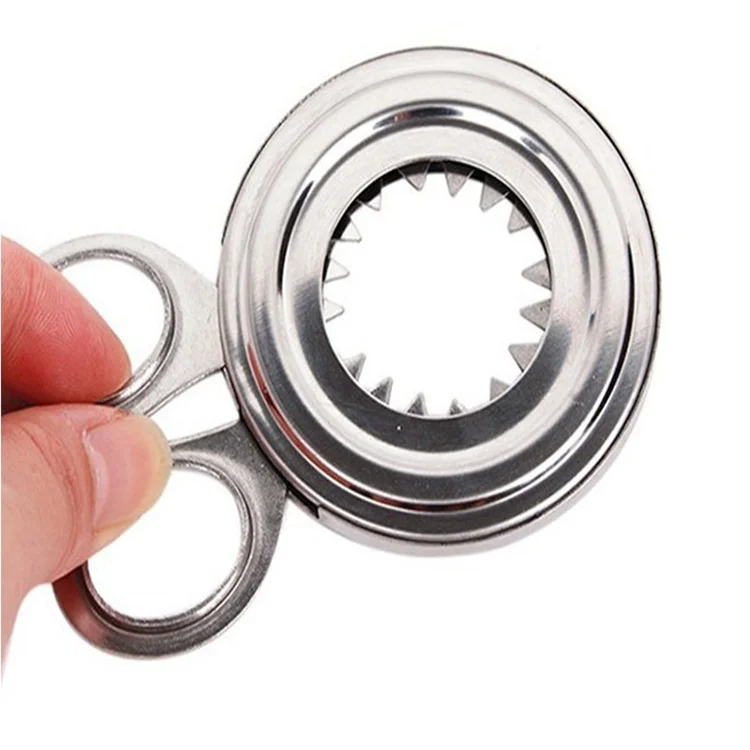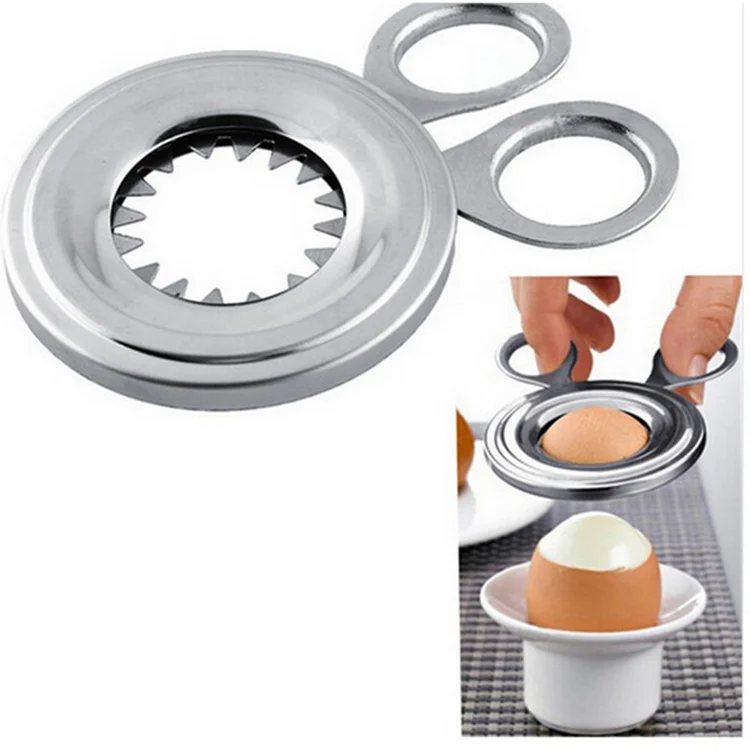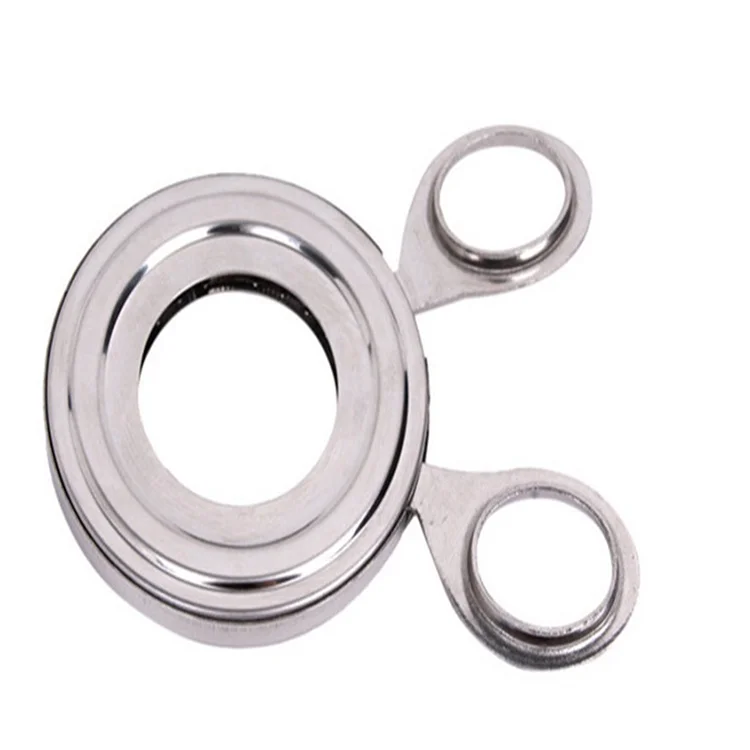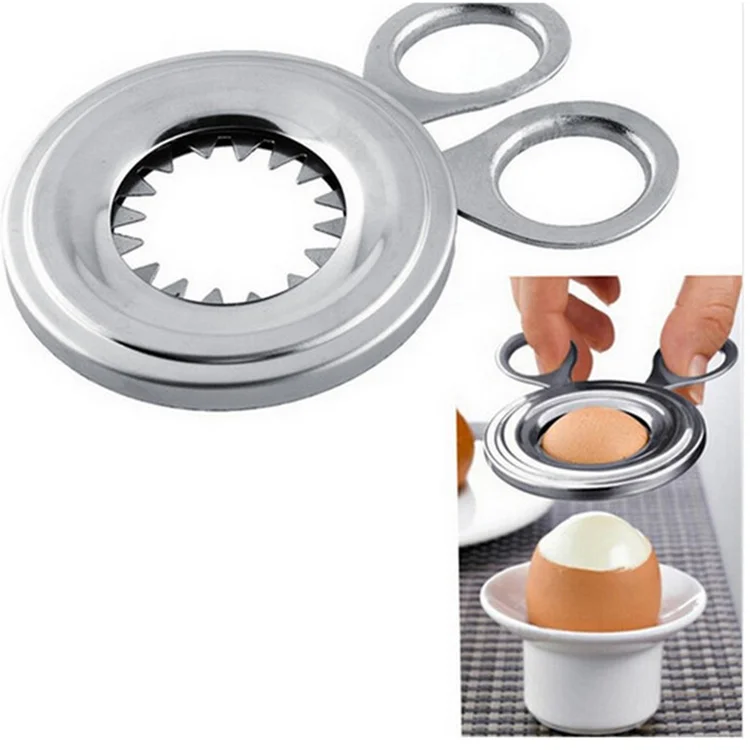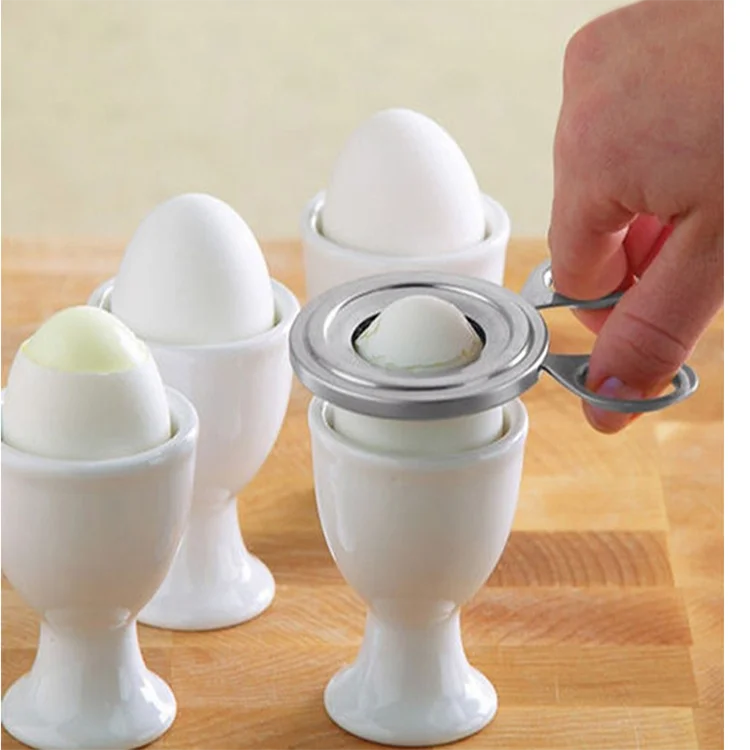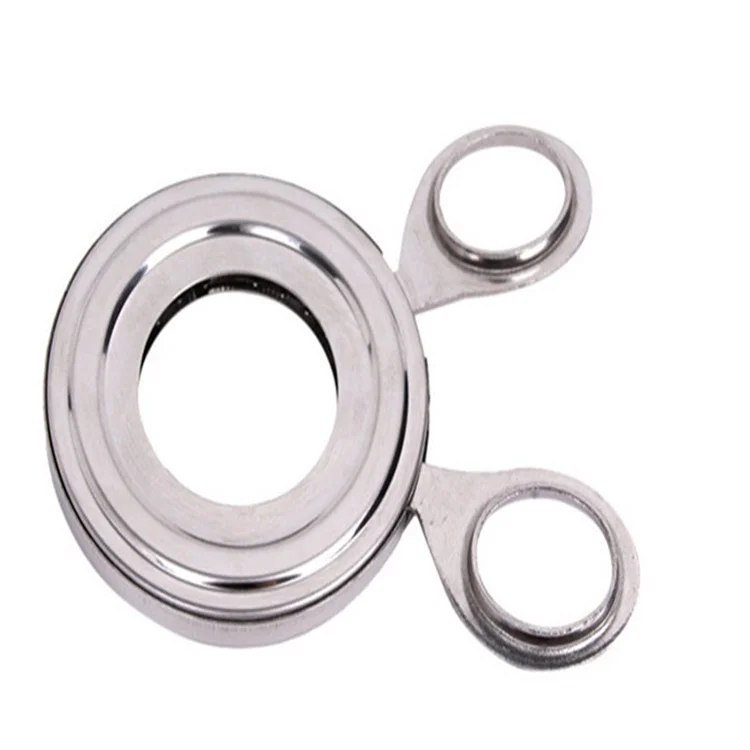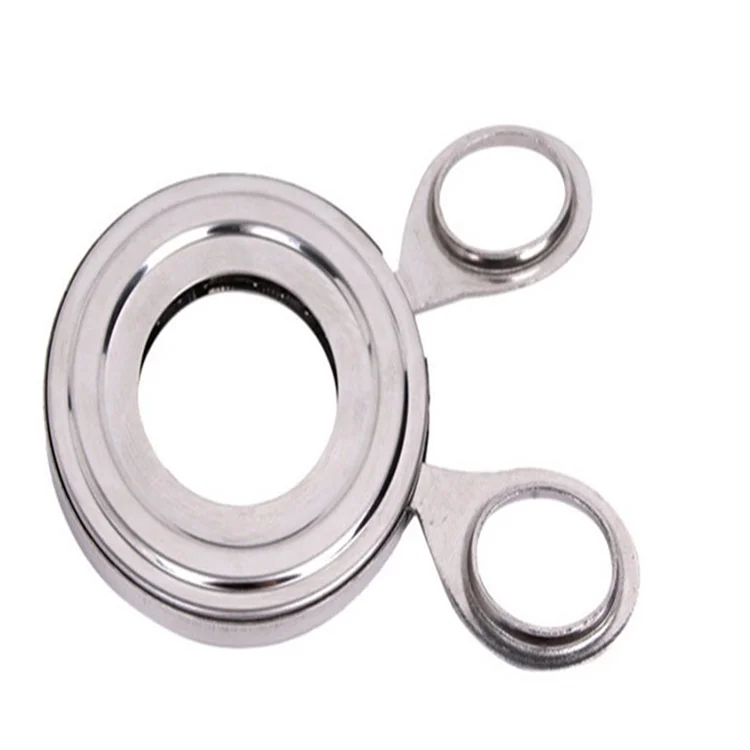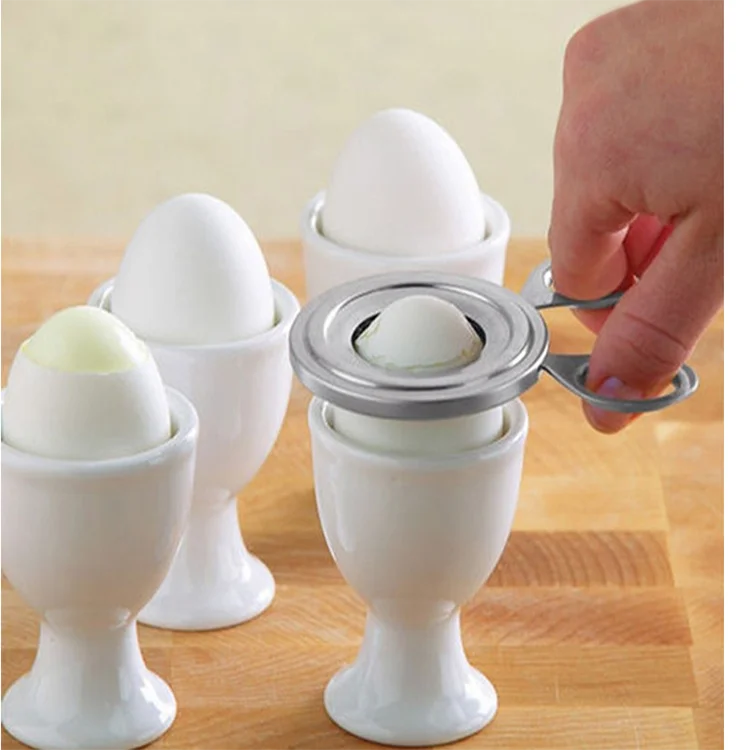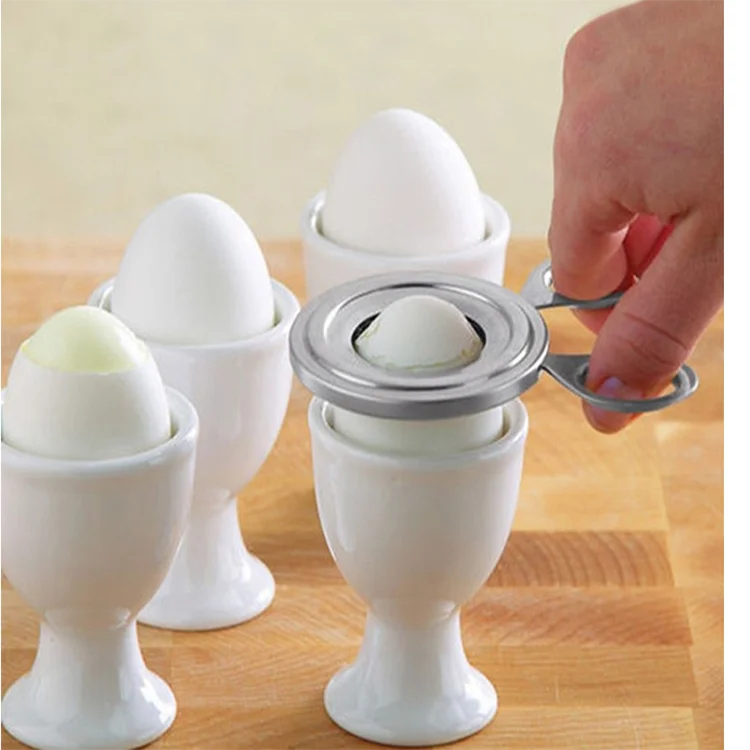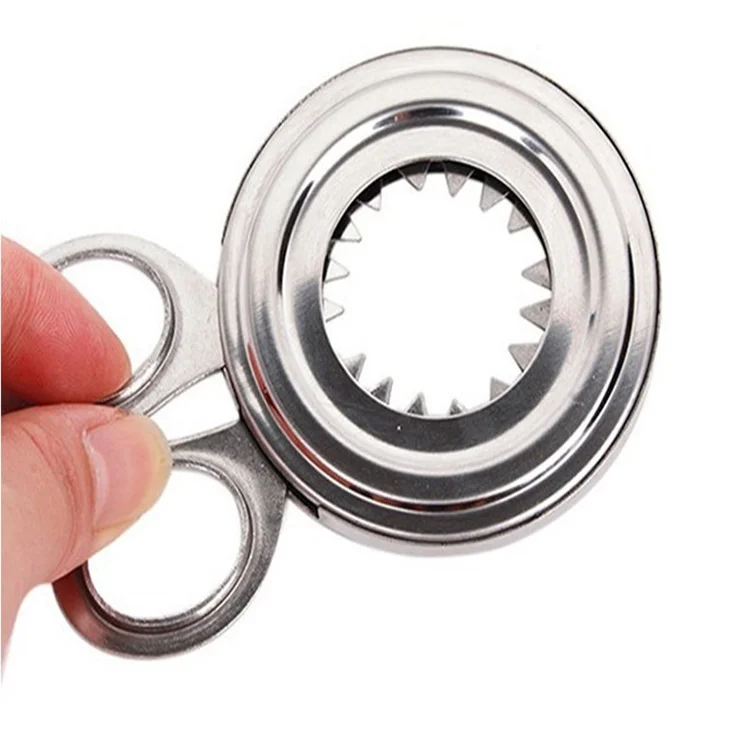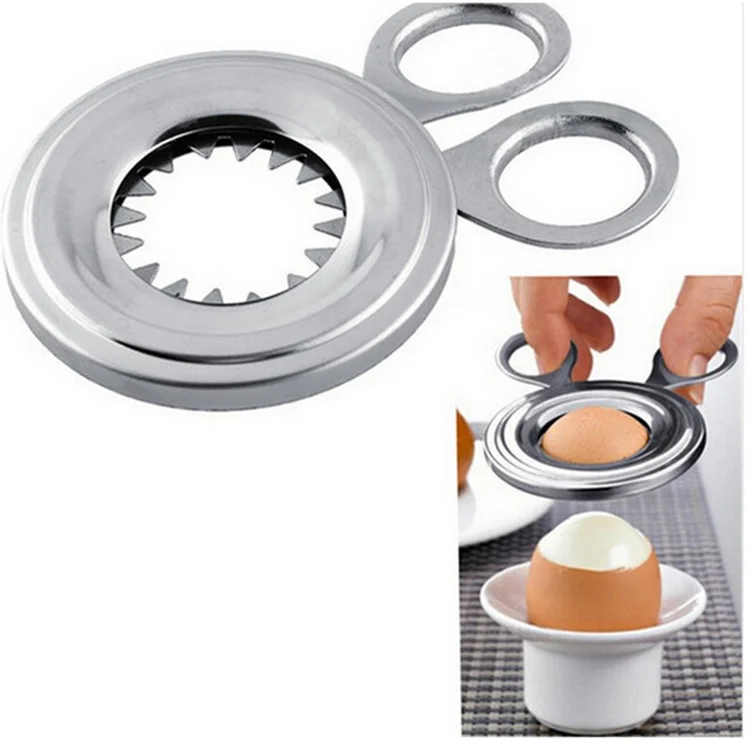Eggs: Sourcing, Types, and Buyer's Guide for 2025
Eggs remain one of the most versatile and nutritious raw materials in global agriculture. Whether you're a food manufacturer, restaurant owner, or wholesale buyer, understanding how to source quality eggs is crucial for your business success.
How to Find Reliable Eggs from China in 2025
China has emerged as a major global supplier of agricultural products, including eggs. To find reliable suppliers:
- Verify supplier certifications (HACCP, ISO, organic certifications)
- Request recent product test reports
- Check production capacity and lead times
- Review trade history and client references
Platforms like Alibaba.com show that top-rated Chinese egg suppliers typically maintain 95%+ positive feedback scores.
What Buyers Should Know Before Buying Eggs from China
Key considerations include:
- Import regulations in your country
- Shipping methods (refrigerated containers recommended)
- Minimum order quantities (typically 20,000-50,000 units)
- Payment terms (30% deposit common)
Recent data shows Chinese egg exports grew 12% year-over-year, with competitive pricing at $0.08-$0.15 per unit for bulk orders.
Types of Eggs
Common commercial varieties include:
- White-shelled eggs: Most common in large-scale production
- Brown eggs: Often perceived as premium quality
- Organic eggs: Certified pesticide-free feed
- Enriched eggs: Enhanced with omega-3 or vitamins
Functions and features of Eggs
Eggs serve multiple functions:
- High-quality protein source (6g per large egg)
- Natural emulsifier in food processing
- Binding agent in baked goods
- Rich in vitamins A, D, and B12
The unique composition makes them indispensable for food manufacturers.
Scenarios of Eggs
Primary usage scenarios:
- Food service industry (hotels, restaurants)
- Bakery and confectionery production
- Ready-to-eat meal preparation
- Nutritional supplement manufacturing
Case study: A European bakery chain reduced costs 18% by switching to Chinese egg suppliers while maintaining quality standards.
How to Choose Eggs
Selection criteria:
- Check freshness (float test or candling)
- Verify production date
- Assess shell integrity
- Confirm storage conditions
For commercial buyers, request samples before large orders.
Eggs Q & A
Q: What's the shelf life of imported eggs?
A: Properly refrigerated, they typically last 4-5 weeks from production date.
Q: Are Chinese egg suppliers reliable?
A: Many are, especially those with export experience and international certifications.
Q: What's the minimum order quantity?
A: Most suppliers require 20,000-50,000 units for international orders.
Q: How are eggs shipped internationally?
A: In refrigerated containers at 0-4°C to maintain freshness.
Q: What certifications should I look for?
A: HACCP, ISO 22000, and organic certifications if applicable.


















